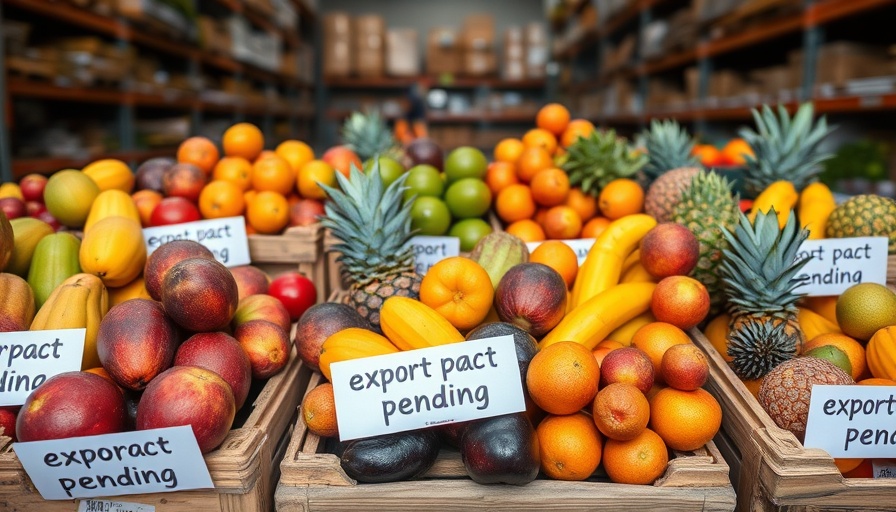
The Competition for Angola’s Oil: Afentra and Kariya Face Off for Etu Energias' Assets
In the ever-evolving landscape of Angola's oil sector, junior oil companies Afentra and Kariya are in a fierce struggle to secure stakes in the lucrative offshore assets held by Etu Energias. The battle over these resources is not just a tale of corporate negotiations; it is a window into the complex interplay of politics, market forces, and the socio-economic ramifications for Angola, a country wrestling with governance challenges and economic growth.
The Stakes: What’s at Risk in Angola’s Oil Market?
The offshore licenses at the heart of this competition are believed to hold significant untapped potential. Afentra has confirmed discussions to acquire stakes in Block 3/05 and Block 3/05A, indicating their interest in extensions that promise enhanced production prospects. However, these acquisitions come with no guarantees, revealing the precarious nature of operational success in Angola's oil sector where regulatory hurdles and political dynamics play crucial roles.
Underlying Economic Implications of Oil Extractive Industries
Angola's economy is largely dependent on oil exports, which account for a substantial portion of the nation’s GDP. However, the corruption and inefficiencies that plague the industry raise questions about equitable resource distribution. The MPLA regime’s connections to both Afentra and Kariya underscore the need for transparency in who benefits from these oil licenses. For many Angolans, the exploitation of these resources is shackled by poverty and development challenges — an irony rooted deeply within the nation's governance.
Political Tendencies: The MPLA's Shadow over Oil Exploration
The MPLA (People's Movement for the Liberation of Angola) has a long history of wielding control over the oil sector, benefiting key political figures from the past regime of José Eduardo dos Santos. This connection hints at an ongoing pattern where political elite reaps the benefits of natural resources, while the people remain largely marginalized. Both Afentra and Kariya's dealings with the MPLA may suggest a symbiotic relationship that complicates the notion of corporate responsibility amid prevalent allegations of corruption.
The Future of Oil Exploration Amid Regional Changes
As Africa pushes toward industrialization and economic development, Angola’s oil sector must adapt to changing geopolitical landscapes and market dynamics. The anticipated arrival of foreign investment may bring technological advancements and infrastructure improvements, fostering an environment conducive to exploration and production. However, the true measure of success will depend on how these changes address existing inequalities and contribute to broader economic stability.
Decoding Public Sentiment: A Crucial Perspective
For the Angolan populace, the narrative surrounding these corporate duels represents a hope for economic revitalization but also a wariness stemming from historical disappointments. The sense of being shortchanged amidst rich resources contributes to a climate of skepticism. This wariness echoes the experiences of young Angolans hungry for jobs and prosperity in an age dominated by oil wealth and yet burdened by unemployment and poor access to education and healthcare.
Conclusion: The Path Forward
The current tussle between Afentra and Kariya for Etu Energias' oil assets symbolically captures Angola’s broader economic race against time and internal contradictions. As these junior players vie for a place in this lucrative sector, it is imperative that transparency and accountability govern their dealings. The goal should transcend mere acquisition; it should aim for upliftment, ensuring that Angola's oil not only enriches foreign firms but also empowers the very citizens who stand atop its wealth. Only through such democratic engagement and responsible governance can Angola hope to harness its vast resources for genuine development.
As we observe these unfolding events, it beckons both local and international stakeholders to advocate for strategies that can sustain Angola's socio-economic landscape. How will Afentra’s and Kariya's decisions influence the lives of Angolans? Only time will tell, but the dialogue surrounding these occasions must prioritize the country’s poised move towards economic rejuvenation.
 Add Row
Add Row  Add
Add 




Write A Comment